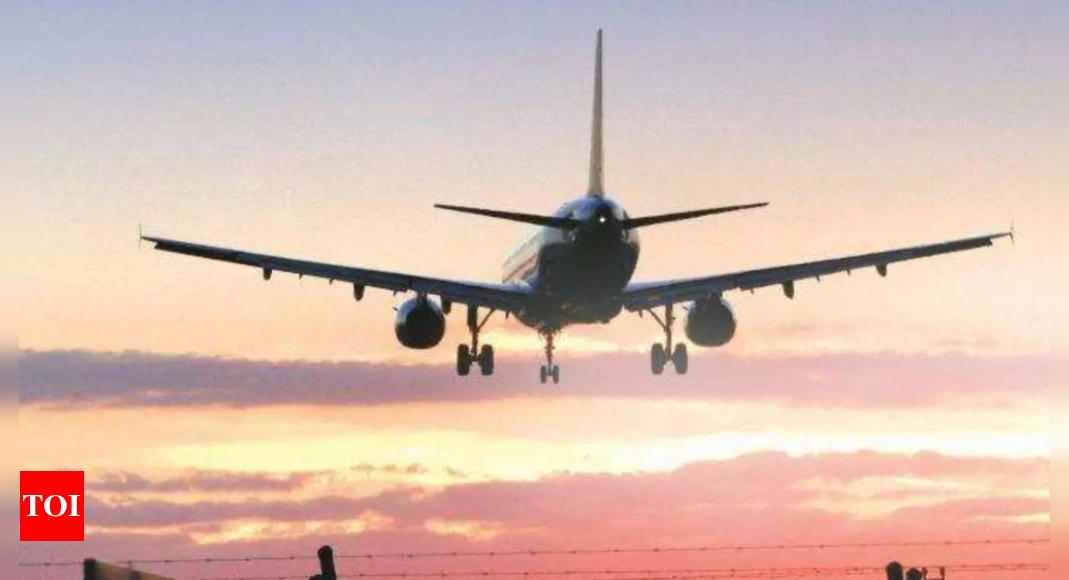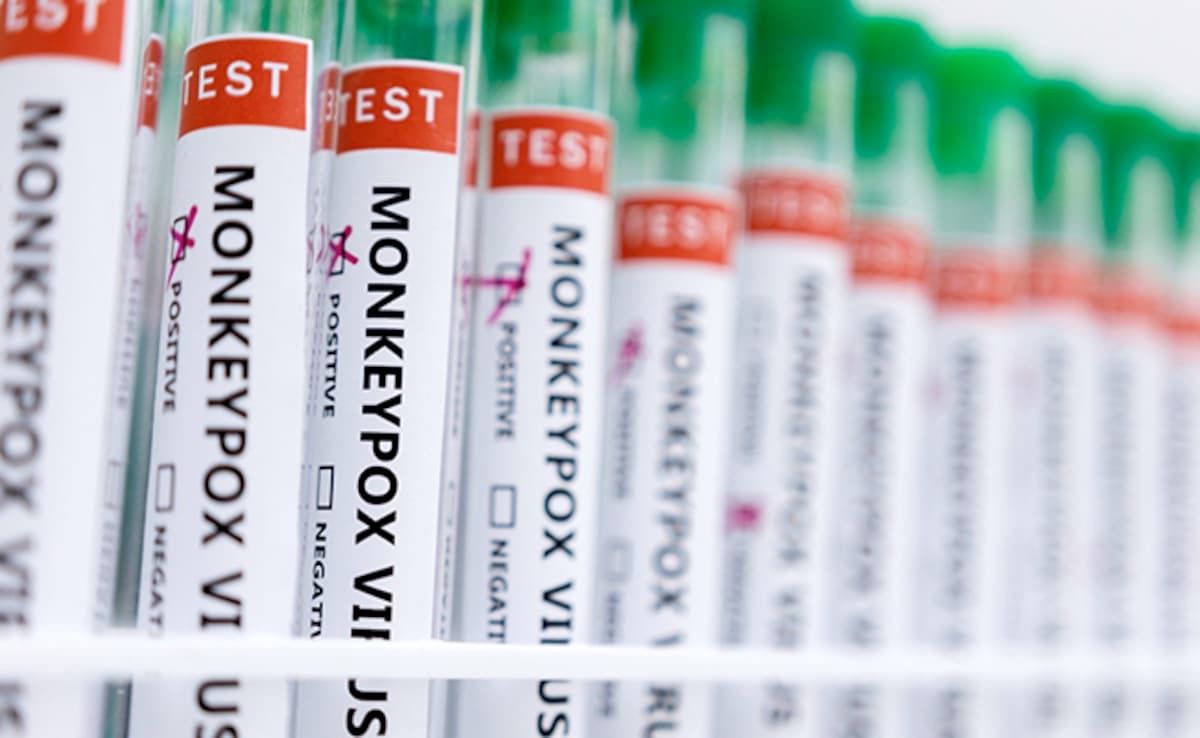
A new social media challenge is encouraging travelers to “rawdog” their flights by enduring the journey without any form of entertainment, distraction, or even basic amenities. Participants in this “rawdogging travel” trend board flights without headphones, books, or any source of entertainment.
Some people however, take the challenge further by abstaining from onboard food, drinks, and even bathroom breaks throughout the flight.The trend has sparked an online competition, with participants attempting to outlast each other by enduring the longest flights with minimal comforts.
Experts have mixed opinions on the potential benefits and drawbacks of this practice. Research suggests that “turning off” your mind and taking a break from screens can enhance learning, improve sleep, and boost creativity. Psychologists also propose that this type of digital detox can help individuals feel more connected to themselves in a world where constant digital stimulation strains attention spans.
Health professionals however, have raised concerns about the more extreme versions of this trend.
Manchester City footballer Erling Haaland recently participated in the challenge, posting about his experience on a seven-hour flight where he abstained from using his phone, sleeping, eating, or drinking. Haaland described the challenge as “easy,” but medical experts strongly denounced the act,
Dr Gill Jenkins, a general practitioner and medical escort in air ambulance work, criticized the more extreme practices associated with rawdogging flights. “They’re idiots,” she told the BBC. “A digital detox might do you some good, but all the rest of it is against medical advice.”
Dr Jenkins stressed the health risks associated with long-haul flights, particularly dehydration and deep vein thrombosis (DVT). She explained that the risk of long-haul flying is compounded by dehydration and lack of movement, which can lead to DVT. She also said that refraining from using the bathroom is “a bit stupid” and that if you need to go, you should go.
While disconnecting from digital distractions can be beneficial, taking it to extremes can pose serious health risks that outweigh any potential benefits.
Some people however, take the challenge further by abstaining from onboard food, drinks, and even bathroom breaks throughout the flight.The trend has sparked an online competition, with participants attempting to outlast each other by enduring the longest flights with minimal comforts.
Experts have mixed opinions on the potential benefits and drawbacks of this practice. Research suggests that “turning off” your mind and taking a break from screens can enhance learning, improve sleep, and boost creativity. Psychologists also propose that this type of digital detox can help individuals feel more connected to themselves in a world where constant digital stimulation strains attention spans.
Health professionals however, have raised concerns about the more extreme versions of this trend.
Manchester City footballer Erling Haaland recently participated in the challenge, posting about his experience on a seven-hour flight where he abstained from using his phone, sleeping, eating, or drinking. Haaland described the challenge as “easy,” but medical experts strongly denounced the act,
Dr Gill Jenkins, a general practitioner and medical escort in air ambulance work, criticized the more extreme practices associated with rawdogging flights. “They’re idiots,” she told the BBC. “A digital detox might do you some good, but all the rest of it is against medical advice.”
Dr Jenkins stressed the health risks associated with long-haul flights, particularly dehydration and deep vein thrombosis (DVT). She explained that the risk of long-haul flying is compounded by dehydration and lack of movement, which can lead to DVT. She also said that refraining from using the bathroom is “a bit stupid” and that if you need to go, you should go.
While disconnecting from digital distractions can be beneficial, taking it to extremes can pose serious health risks that outweigh any potential benefits.









